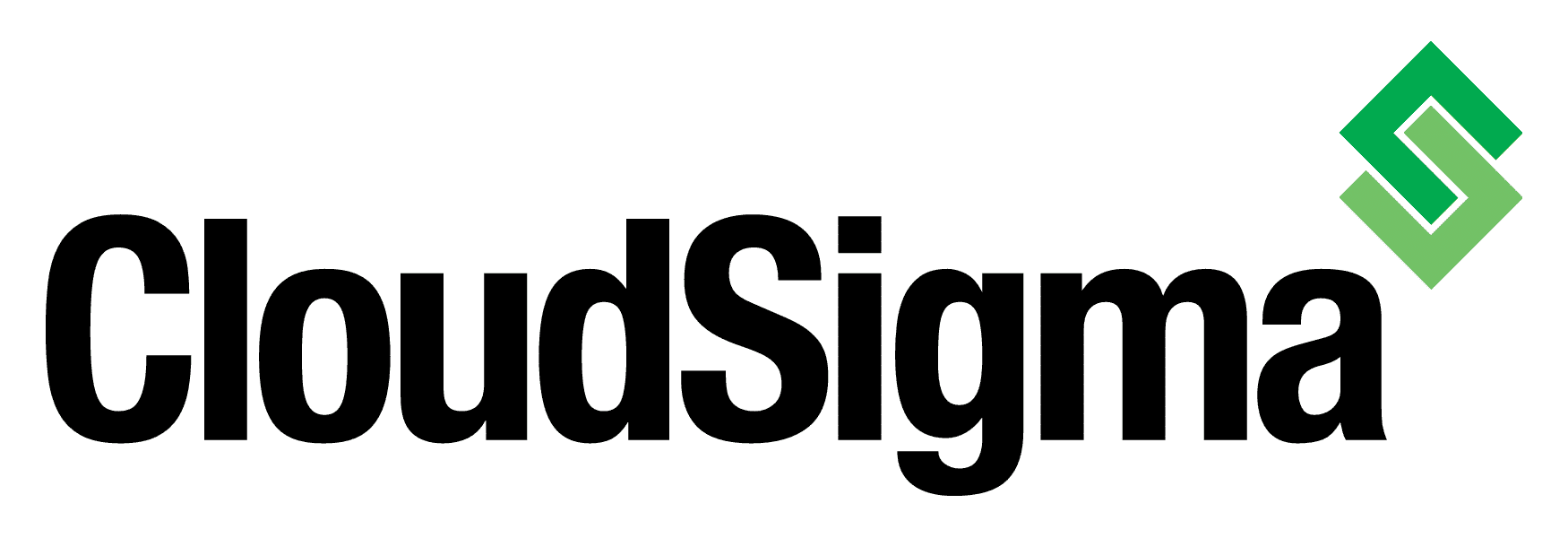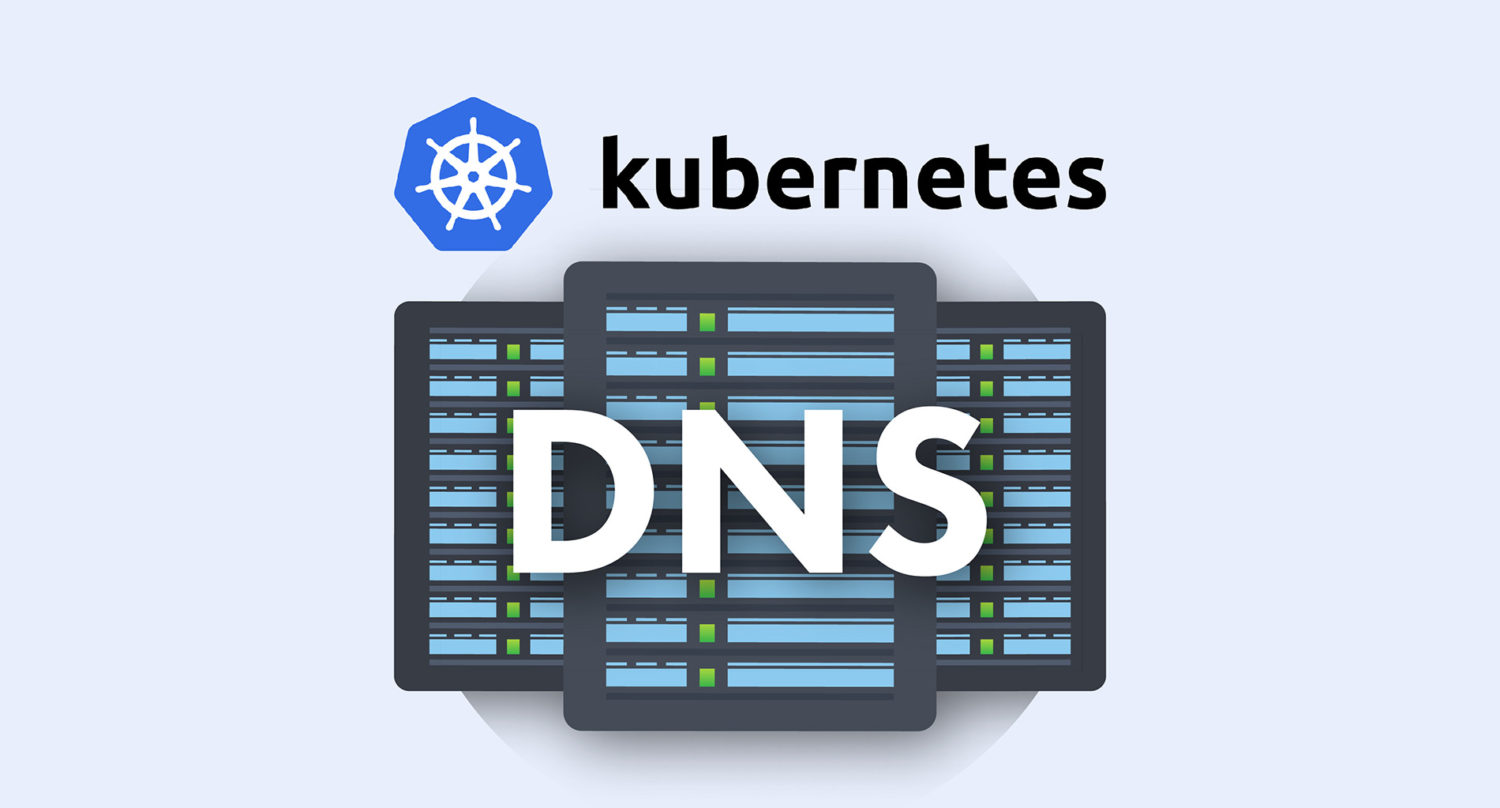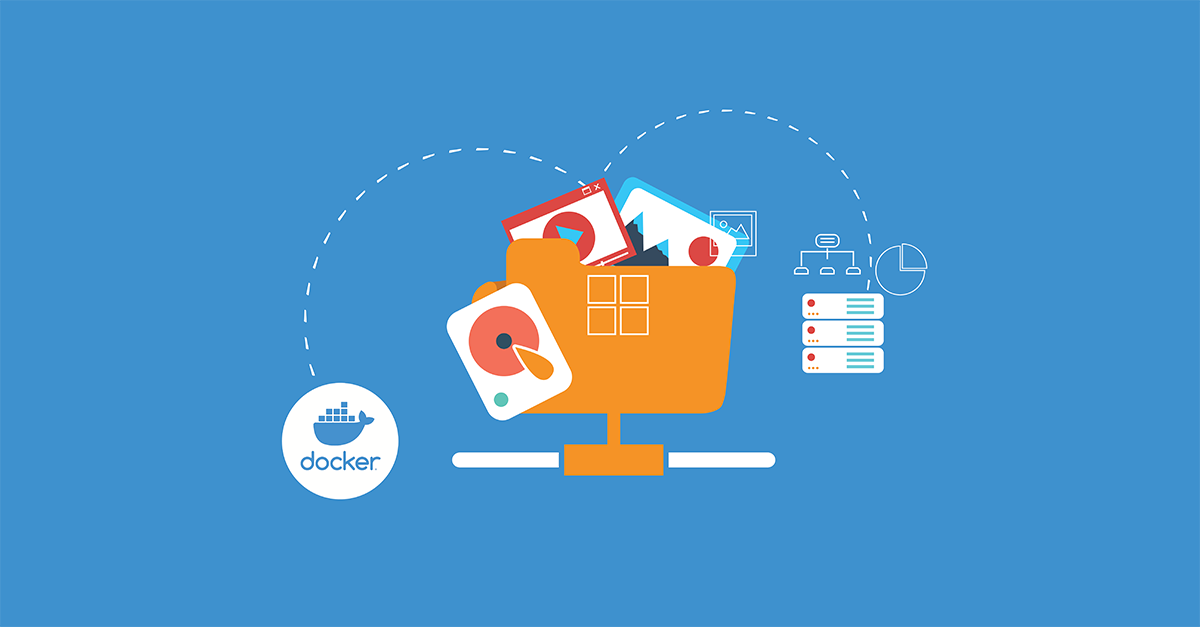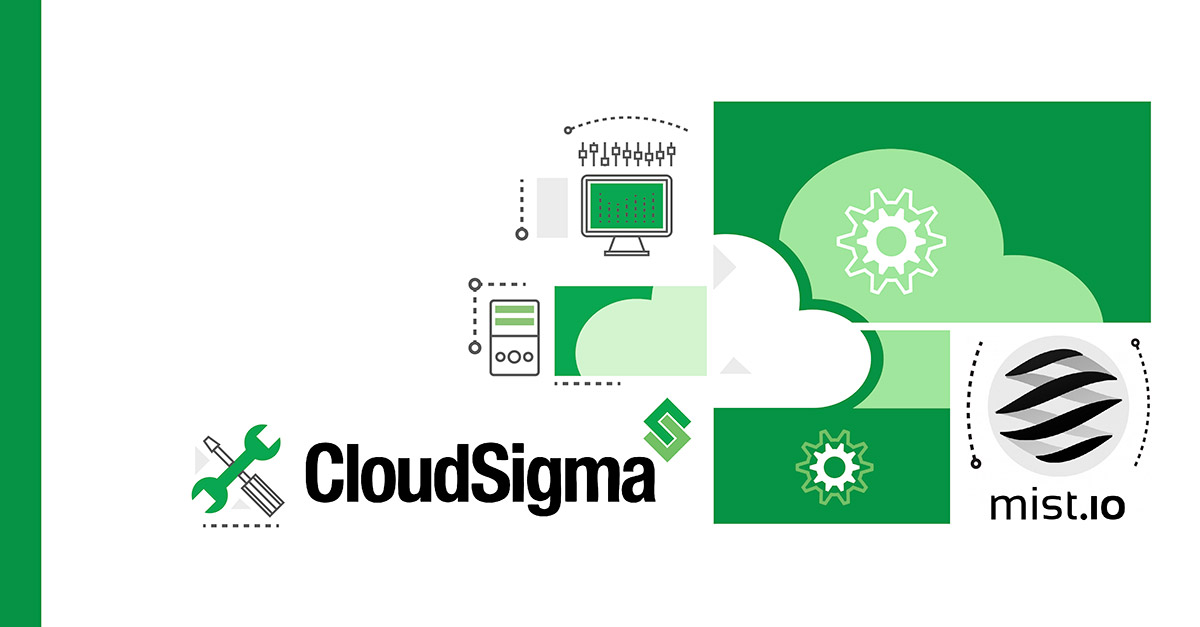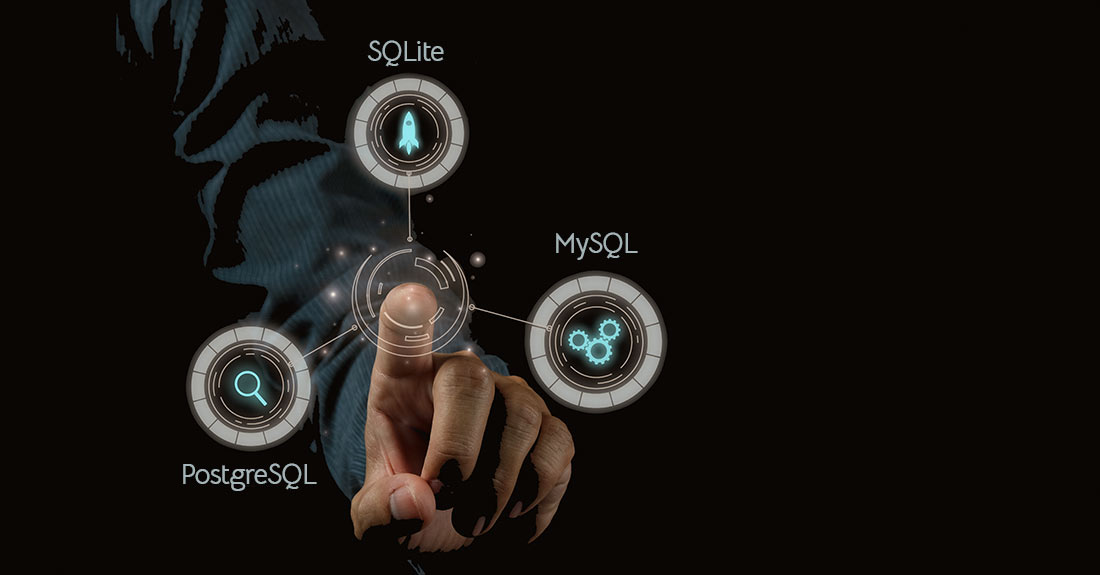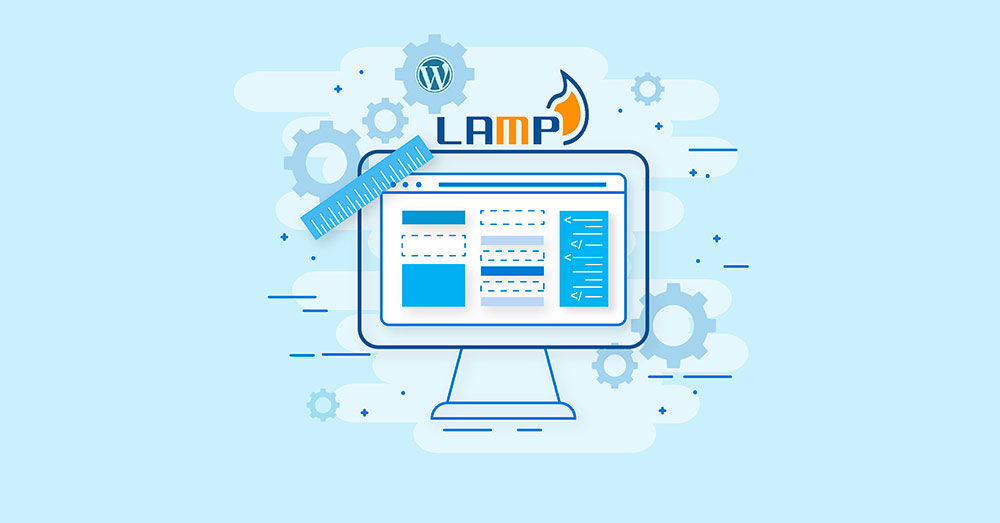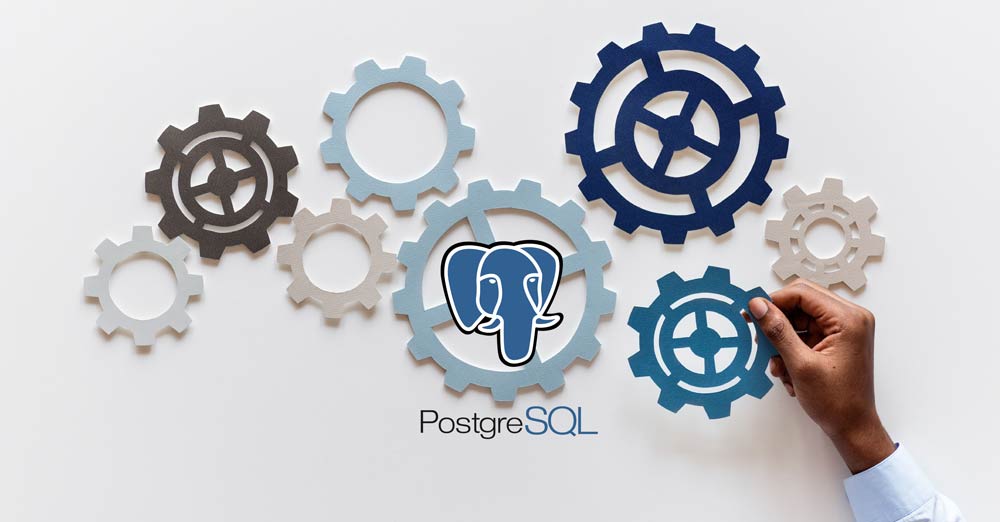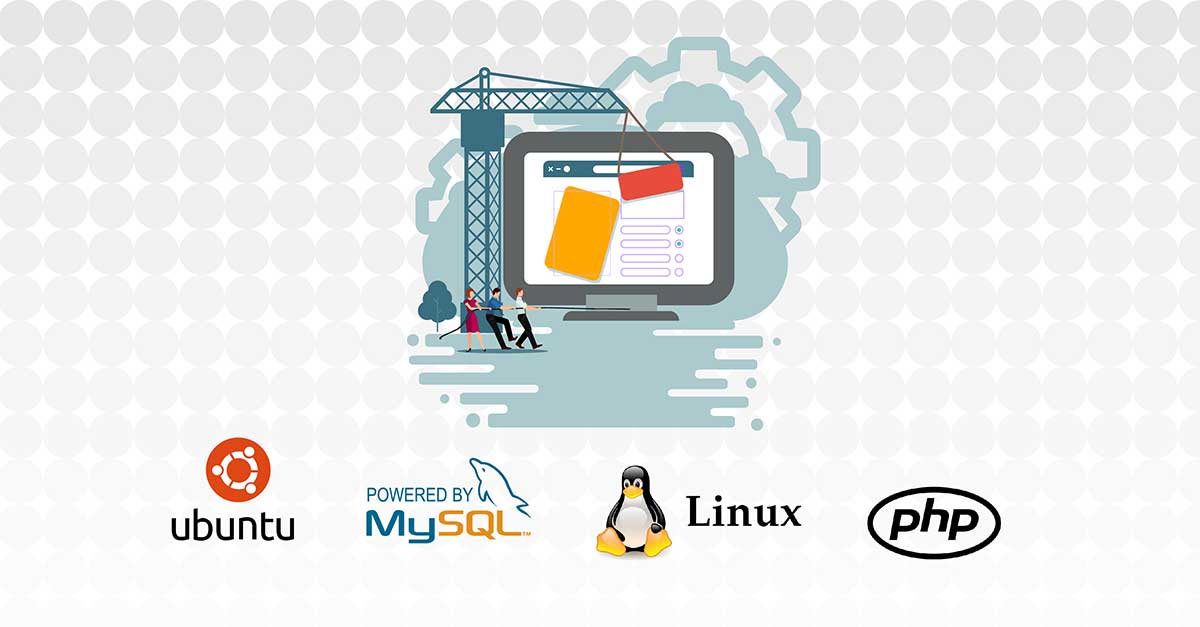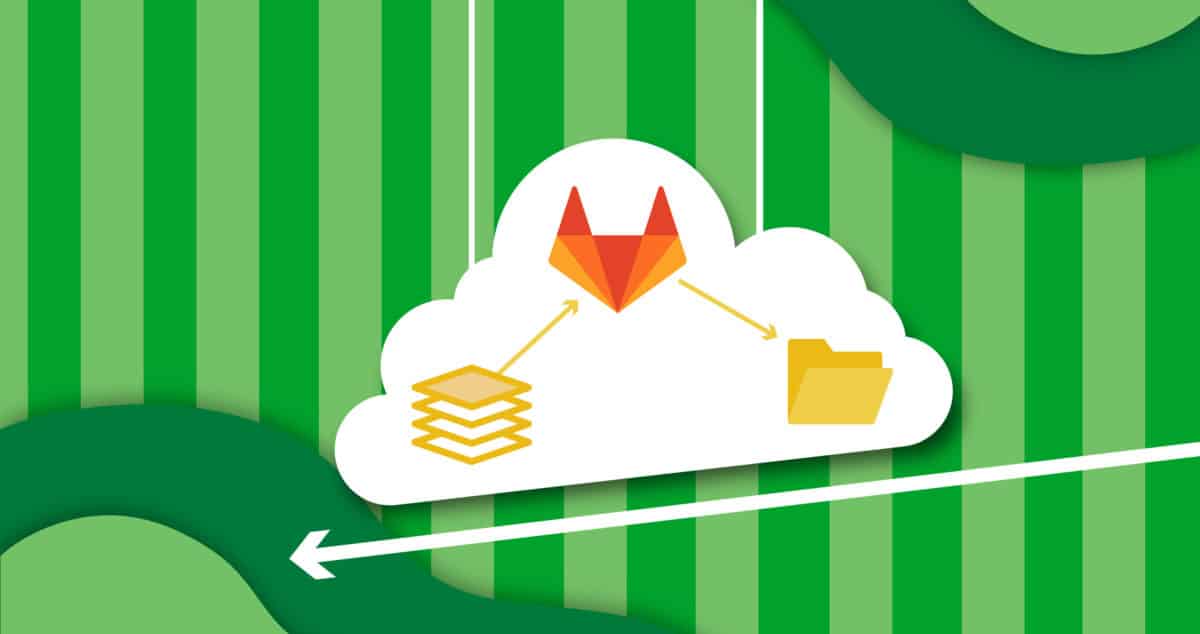Kubernetes, also known as K8s, is an open-source orchestration system for automating deployment, scaling, and managing containerized applications. Its portability, flexibility, and automatic scaling capabilities make it an extensively used system. Above all the standout features, the option to create DNS records for services and pods makes it unbeatable from other software systems. Kubernetes DNS service allows you to contact …
Exploring CloudSigma PaaS: How to Utilize Ruby PaaS Hosting Services?
What is Ruby? Ruby is an open-source programming language that is well known for having one of the most natural and easy-to-read syntaxes. This object-oriented programming language combines the best features of other languages to make a simple yet rewarding approach a possibility. In addition to its object-oriented nature, Ruby also offers features such as operator overloading, iterators and closures, …
How To Share Data Between a Docker Container and a Host
Introduction Generally, Docker containers only run for a certain period of time – the time it takes to run the command. The data that is available inside the container can only be accessed from within the container during the runtime. Docker volumes can be used for accessing the files easily and storing them for a longer period. For example, if …
Find your favorite cloud hosting platform now on Mist
Cloudsigma has partnered with the open-source multi-cloud management platform Mist to provide users with the ease to manage multiple accounts across regions from a single window. Further, existing Mist users can diversify their multi-cloud and hybrid setups to include the reliability and ease of CloudSigma’s infrastructure. We are currently supporting the following operations with Mist: Get the list of the …
SQLite vs MySQL vs. PostgreSQL: Relational Database Management Systems Compared
Introduction Database management tools are mostly used by the relational data model. This model organizes data into tables consisting of columns and rows. While this model remains dominant in terms of storing and managing worldwide data, there are other data models such as NoSQL and NewSQL out there. In this tutorial we will delve into three of the most widely …
Configuring the Apache Web Server on an Ubuntu or Debian VPS
Introduction Apache is currently the most widely used web server in the world. It is an open-source software developed over twenty years ago and maintained by the Apache Software Foundation. As of September 2020, it is estimated to be serving 35% of all website traffic in the world. Developers prefer Apache for its speed, security, reliability, robustness, and ease of …
How to Install WordPress with LAMP on Ubuntu 20.04
Introduction WordPress is undoubtedly the most popular Content Management System. You can host about anything on WordPress- from simple portfolio websites, company landing pages, and blogs to full-fledged eCommerce websites. It guarantees flexibility, robustness, and security, which are key for the success of any website. Downloading and installing WordPress is straightforward. Then, once you have installed it on your server, …
OAuth 2: An Introduction and Basic Guidelines
What is OAuth 2? The IETF OAuth 2.0 is an authorization framework that aims to give third-party applications limited access to a given HTTP service. A good place to start when trying to learn about OAuth 2 is to go through its specifications. Thus, you can maximize the functionality you get out of it. If you need to access certain …
How to Use Roles and Manage Permissions in PostgreSQL
PostgreSQL is an open-source DBMS which in turn uses SQL. It’s a very powerful tool that is used to manage applications and host web data on VPS. In this tutorial, you will learn how to manage permissions in PostgreSQL. It will help you to provide your application roles the required permissions. We will perform this tutorial using PostgreSQL on a …
How to Install the LEMP stack (Linux, Nginx, MySQL PHP) on Ubuntu 20.04
Introduction In the world of the internet, several technologies come together to form a solution that enables internet users to access dynamic content on the world wide web. LEMP stack is one of those solutions. It brings together four technologies that make a complete server solution for high-performance and dynamic websites. LEMP is an acronym for Linux, Nginx, MySQL, and …
Host your own Git Repositories with GitLab
In this post, I am going to demonstrate the installation of GitLab. With GitLab, we can host our own repositories at a central place with the ease of the Git features. GitLab is the first single application for all stages of the DevOps lifecycle. Only GitLab enables Concurrent DevOps, unlocking organizations from the constraints of the toolchain. In addition, GitLab …
